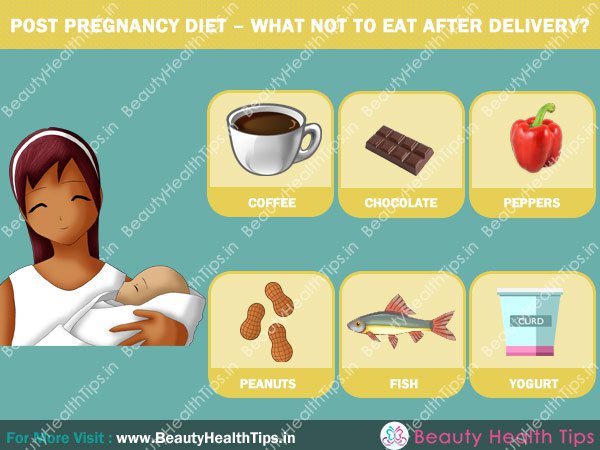Pregnancy is a time of great excitement and anticipation, but it can also be a time of uncertainty and potential complications. While most pregnancies proceed smoothly, it is important for expectant mothers to be aware of the potential complications that can arise. Here are some common pregnancy complications to be aware of:
- Preterm labor: Preterm labor refers to labor that occurs before the 37th week of pregnancy. Preterm labor can be caused by a variety of factors, including infections, uterine abnormalities, and placental problems. Preterm labor can be dangerous for both the mother and the baby, as the baby may not be fully developed and may be at risk of respiratory, neurological, and other problems.
- Preeclampsia: Preeclampsia is a condition that occurs during pregnancy and is characterized by high blood pressure and protein in the urine. Preeclampsia can lead to serious complications, including preterm delivery, placental abruption, and HELLP syndrome (a rare but serious complication characterized by hemolysis, elevated liver enzymes, and low platelets). Preeclampsia can be treated with medication and close monitoring, but in severe cases, delivery may be necessary.
- Gestational diabetes: Gestational diabetes is a form of diabetes that develops during pregnancy and usually goes away after delivery. Gestational diabetes occurs when the body cannot produce enough insulin to meet the demands of pregnancy. It can lead to complications such as high birth weight, preterm delivery, and an increased risk of cesarean delivery. Gestational diabetes can be managed with a healthy diet, exercise, and in some cases, insulin injections.
- Placenta previa: Placenta previa is a condition in which the placenta is implanted low in the uterus and partially or completely covers the cervix. This can cause bleeding during pregnancy and can lead to preterm labor and cesarean delivery.
- Ectopic pregnancy: An ectopic pregnancy is a pregnancy that occurs outside the uterus, usually in the fallopian tube. Ectopic pregnancies cannot continue to term and can be life-threatening for the mother if left untreated. Symptoms of an ectopic pregnancy include abdominal pain, shoulder pain, and vaginal bleeding.
- Miscarriage: A miscarriage is the loss of a pregnancy before the 20th week. Miscarriages can be caused by a variety of factors, including chromosomal abnormalities, uterine abnormalities, and infections.
- Stillbirth: A stillbirth is the loss of a pregnancy after the 20th week of pregnancy. Stillbirths can be caused by a variety of factors, including placental problems, birth defects, and infections.
While these complications can be frightening, it is important to remember that most pregnancies proceed smoothly and many of these complications can be treated or managed with proper medical care. It is important for expectant mothers to follow the recommendations of their healthcare providers and to report any concerns or symptoms they may have. With proper care, most women can have a healthy pregnancy and delivery





